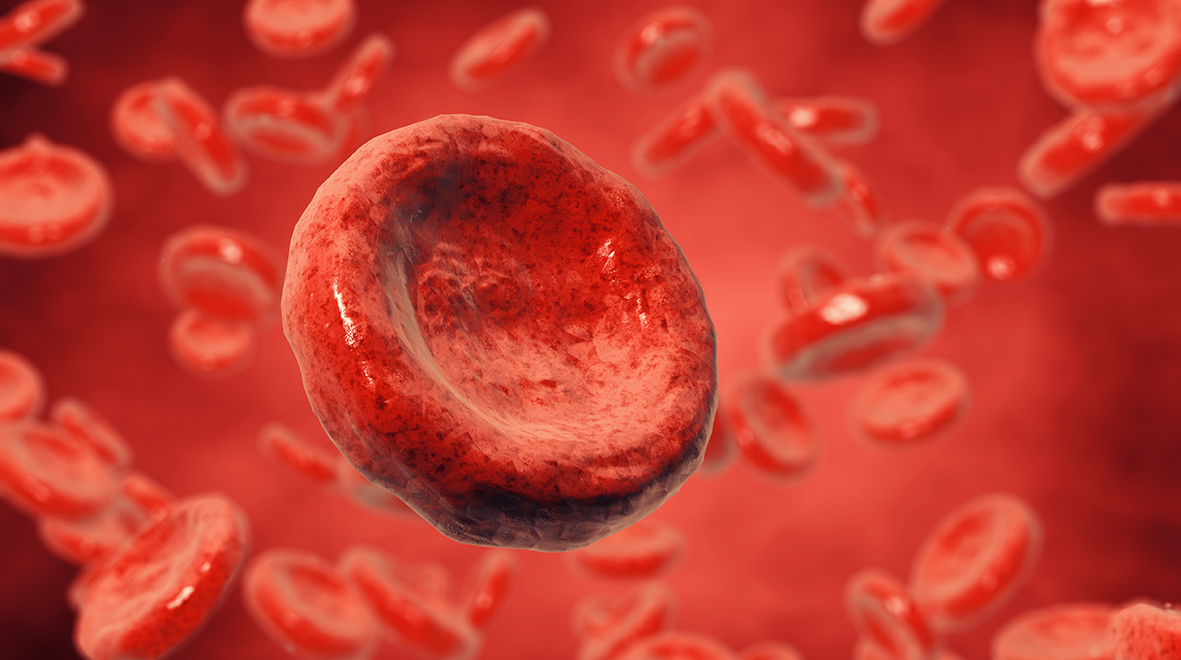
In this post, Dr Anusha Seneviratne breaks down the conundrum of cell death and how this process protects our bodies from blood clots.
Your cells die every day. Don’t worry, your body is protecting itself. In a process known as apoptosis or programmed cell death, cells that are no longer needed commit suicide. Some cells are only required for a short time, they may be infected by a virus or develop harmful cancerous mutations. Cell death is also an essential part of development from an embryo. For example, mouse paws begin as spade-like structures and only form the individual digits as the cells in between die. During apoptosis the cells fragment into smaller apoptotic bodies, and their cell surface is flipped open to display lipid molecules called phosphatidylserines, which act as an ‘eat me’ signal to recruit cells called macrophages to engulf them, before their contents spill out and damage the surrounding tissue. This is a process known as efferocytosis. (more…)
